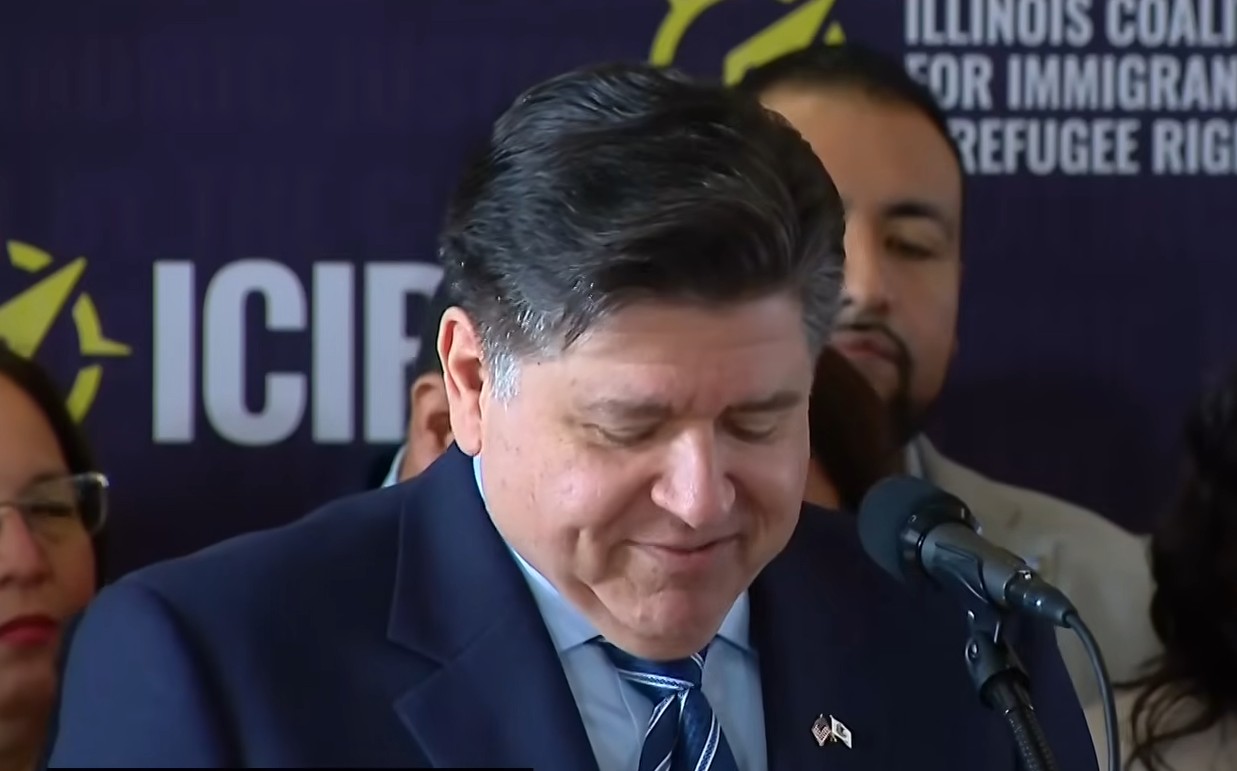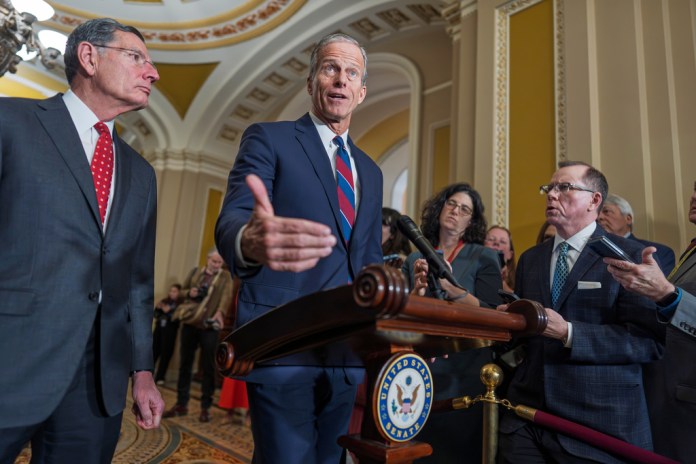RFK Jr’s call to ban drug advertisements revives price transparency talks – Washington Examiner
Teh article discusses Robert F. Kennedy Jr.’s proposal to ban television advertisements for prescription drugs, which contrasts with conventional republican support for free speech. As a nominee for the Department of Health adn Human Services, he made this suggestion at a rally for Donald Trump. Prominent figures, including Elon Musk and FCC Commissioner Brendan Carr, have shown support for this idea, emphasizing concerns about the impact of pharmaceutical advertising on healthcare and drug pricing.
Currently, only the U.S. and New Zealand allow direct-to-consumer drug advertisements, which opponents argue lead to increased consumer demand for higher-cost medications, burdening healthcare providers and inflating prices. The article highlights the escalating cost of Eliquis, a medication whose price rose from $250 to $529 in a span of nine years, partially attributed to aggressive marketing.
Critics argue that pharmaceutical companies invest more in marketing than research and growth, questioning the justification for high drug prices. While groups like the Campaign for Sustainable Rx Pricing acknowledge the need for pricing legislation rather than an outright ban on advertisements,they advocate for clarity in drug pricing to benefit consumers.A bipartisan bill proposed in 2023 aims to require the disclosure of retail prices in drug advertisements, which supporters believe could mitigate excessive spending on marketing and enhance access to more affordable medications.
RFK Jr’s call to ban TV drug advertisements revives talks of price transparency
Robert F. Kennedy Jr., President-elect Donald Trump‘s nominee to lead the Department of Health and Human Services, wants to ban prescription drug advertisements on television, a sharp contrast to the Republican Party’s firm support of free speech.
At a rally for Trump in November, Kennedy said, “One of the things I’m going to advise Donald Trump to do in order to correct the chronic disease epidemic is to ban pharmaceutical advertising on TV.”
Elon Musk, who has gotten closer and closer to Trump postelection, has backed Kennedy’s position. In November, Musk posted a message saying, “No advertising for pharma.”
Brendan Carr, Federal Communications Commission commissioner, told radio show host and former NRA spokesperson Dana Loesch that his agency would support a ban on pharmaceutical television advertising.
The FCC is in charge of regulating radio and television and enforces communications laws. Currently, it’s legal to market prescription drugs on television. However, the FDA recently passed new rules that mandated simple and consumer-friendly language in advertisements.
And Trump’s right-hand man, Vice President-elect J.D. Vance, expressed his wariness on Joe Rogan’s podcast about big pharmaceutical advertisements, which reached $6 billion in 2022, according to a report from the U.S. Government Accountability Office.
“If there was one thing that we could do to rein in the pharmaceutical companies, like, what would it be?” Vance shared. “My intuition is actually it might be the advertising on the healthcare stuff, because that’s the way in which they engulf the media into this whole scam.”
The United States and New Zealand are the only two nations that permit direct-to-consumer advertising of pharmaceutical drugs.
The argument against big pharmaceutical drug company advertisements is twofold. Opponents say advertising on television may spur consumers to seek out drug treatments that may not actually be beneficial to them, causing a strain on healthcare providers and creating an artificial demand leading to price hikes. The Campaign for Sustainable Rx Pricing referred the Washington Examiner to the skyrocketing cost of the drug Eliquis, which is used to prevent blood clots. When it first hit the market in 2013, a month’s supply cost $250, but in 2022, the price had more than doubled to $529.
In the same period, Eliquis marketers Bristol-Myers Squibb and Pfizer spent billions of dollars marketing the drug to compete with another blood thinner, Xarelto. In 2016, BMS spent a total of $268 million marketing the drug.
Secondly, opponents assert that drug pharmaceutical companies will focus on advertising more expensive drugs that might be less effective than generics. A January 2023 JAMA Network research paper found that “[d]irect-to-consumer advertising is associated with use of higher-cost drugs over generics and less expensive alternatives.”
A study conducted by AHIP found that in 2020, seven of the ten largest pharmaceutical companies spent more money on marketing than on research and development.
“Investments in research and development are far more important than investments in marketing and advertising,” CSRxP’s executive director Lauren Aronson told the Washington Examiner.
“Pharmaceutical manufacturers often try to justify patent abuse or high prices, citing a need to fund research and development, but the biggest brand name drug companies spend more on marketing and advertising than on R&D. Big Pharma’s rhetoric simply doesn’t match the reality. Americans would benefit from less spending on marketing and advertising — and lower drug prices,” she said.
CSRxP is not in favor of an outright ban on pharmaceutical advertisements, however, and would rather see legislation on pricing rather than marketing. It has lobbied in favor of a bipartisan bill introduced by Sens. Chuck Grassley (R-IA) and Dick Durbin (D-IL) in April 2023, which would mandate drug advertisements to include the retail prices of prescription drugs.
“Big Pharma spends billions each year to flood the airwaves with commercials that inflate spending by steering patients to the most expensive medications, despite cheaper, more effective drugs being on the market,” Durbin said in a statement. “What these ads don’t tell you is how much that medication costs. Patients deserve to know the price of their medication, and a dose of transparency is the prescription Big Pharma needs.”
A GAO report found that between 2016 and 2018, four of the top ten drugs with the highest Medicare costs, Humira, Eliquis, Keytruda, and Lyrica, were also among the top ten drugs for advertising spending.
“The fact that you have members of Congress who have been working on this issue in a bipartisan fashion for many, many years, like Senators Grassley and Durbin, is really notable,” Aronson said.
Michael Cannon, director of health policy studies at the Cato Institute, told the Washington Examiner that Kennedy’s call to ban drug commercials is “unconstitutional” and a “violation of freedom of speech.”
“Commercial speech is speech, and when you restrict and violate the rights of people who sell drugs to speak about those drugs, you also violate the right of consumers to hear about those drugs,” he said.
Cannon shared how even banning cigarette advertisements was counterproductive in harm reduction strategies.
“And so even in the area of tobacco, government restrictions on advertising are horrible,” Cannon said. “They are a horrible violation of free speech, and they have horrible impacts on consumers. We might have made much more progress against smoking if the government had just stayed out of it entirely.”
Instead, Cannon suggested that mandated prescriptions and subsidizing health costs are actually the real cause for higher drug prices rather than advertisements.
“Pharmaceutical advertising educates patients about conditions they might not know that they have and treatments that they might not know are available, and if there’s a concern these treatments are not good for them, then all you have to do is make the patient price sensitive,” Cannon said.
“They will avoid the stuff that’s not good for them because it’ll be their money, not the government’s money or the insurance company’s money,” he continued.
The Trump transition team has not signaled whether it would move forward with an outright ban on pharmaceutical drug advertisements.
“We have clinicians for a reason,” Aronson said. “And so, it’s a cause for concern when you have consumers seeing advertisements on television for various prescription drugs that may help them but may not, rather than having those conversations with their healthcare provider.“
The Washington Examiner reached out to the Trump transition team for a comment.
" Conservative News Daily does not always share or support the views and opinions expressed here; they are just those of the writer."




